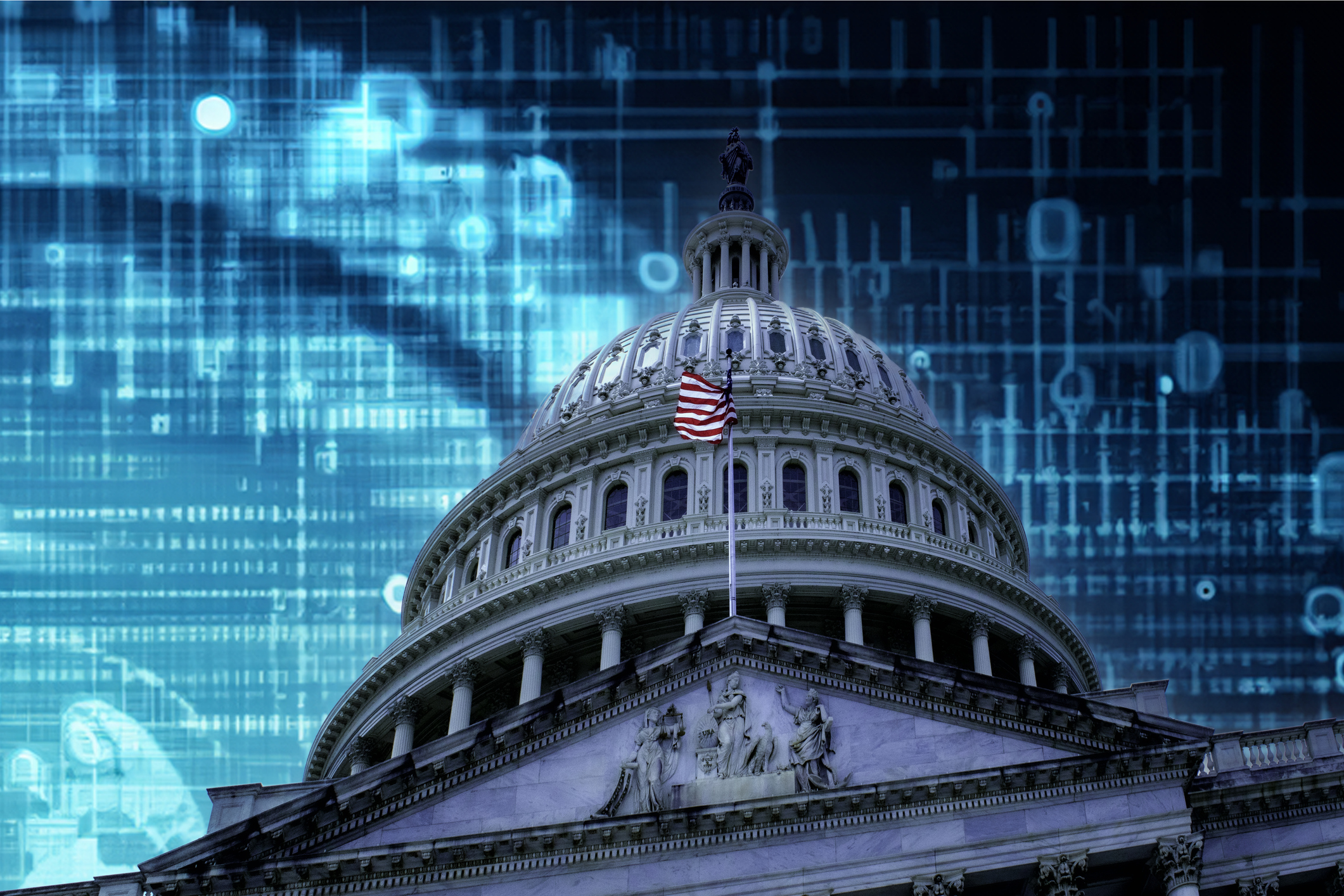On March 15, the White House concluded a public comment period on its upcoming AI Action Plan. The Office of Science & Technology Policy (OSTP), alongside the National Science Foundation’s Networking and Information Technology Research and Development (NITRD) office, had issued a formal Request for Information (RFI) in February as required by President Trump’s AI Executive Order.
The RFI invited input across 20 broad topic areas, including AI-related data privacy, safety standards, technical infrastructure, and government procurement. In total, 8,755 comments were submitted by stakeholders, ranging from nonprofit organizations and academia to industry groups and private companies.
The finalized AI Action Plan is expected to be released by July 2025.
NIST Expands AI Standards and Evaluation Efforts
Throughout March, the National Institute of Standards and Technology (NIST) launched several initiatives to bolster AI safety, reliability, and standards development:
- GenAI Image Challenge (March 19):
NIST invited researchers and developers to participate in a benchmarking challenge evaluating generative AI systems—specifically image generators and image discriminators. The challenge aims to improve methods of detecting AI-generated visual content. - Adversarial ML Report (March 24):
NIST published its final report, Adversarial Machine Learning: A Taxonomy and Terminology of Attacks and Mitigations (NIST AI 100-2e2025). The guidance defines attack types across the AI lifecycle and offers voluntary mitigations for securing predictive and generative systems. The report warns that adversarial attacks in real-world settings are growing more sophisticated and damaging. - AI Standards “Zero Drafts” Pilot (March 25):
NIST announced a new standard-setting model where it will publish preliminary “zero draft” AI standards for community feedback before passing them to formal standards-developing organizations (SDOs). The pilot will begin with four topic areas:- Transparency and documentation
- TEVV (Testing, Evaluation, Verification, and Validation)
- System architecture and terminology
- Reducing synthetic content risks
NIST is soliciting stakeholder input on these priorities. No submission deadline has been set.
Senate Confirms Michael Kratsios to Lead OSTP
On March 25, Michael Kratsios was confirmed by the Senate (74-25 vote) as Director of the White House Office of Science & Technology Policy. Kratsios previously served in the Trump Administration as U.S. CTO and played a central role in the 2020 rollout of AI guidance for federal agencies.
In written responses to the Senate Commerce Committee, Kratsios emphasized a sector-specific, risk-based approach to AI regulation and pledged to collaborate with the Department of Commerce on shaping the U.S. AI Safety Institute.
The following day, President Trump issued a formal letter to Kratsios outlining three directives:
- Accelerate research to maintain U.S. technological supremacy in AI and related emerging technologies.
- Reduce regulatory barriers and revitalize the American science and technology base.
- Ensure that innovation drives broad economic benefits for all Americans.
DeepSeek Draws Increased Scrutiny from Federal and State Leaders
In response to national security concerns tied to Chinese AI firm DeepSeek, Congress and state officials increased pressure to restrict the company’s products from government environments.
- Congressional Action:
On March 3, Reps. Josh Gottheimer (D-NJ) and Darin LaHood (R-IL) sent letters to 47 state governors and the DC mayor urging bans on DeepSeek products on government devices. This follows their introduction of H.R. 1121, the No DeepSeek on Government Devices Act. - Attorneys General Back Federal Ban:
On March 6, Montana Attorney General Austin Knudsen—joined by 20 other AGs—formally supported the bill, citing data privacy and national security concerns. - New State-Level Bans:
South Dakota banned use of DeepSeek on state-issued devices on March 4. Oklahoma followed suit on March 21, prohibiting use or download of DeepSeek on government-owned systems and banning the input of state data into any product built on DeepSeek’s platform.
These actions add to previously announced bans in New York, Virginia, Iowa, and Pennsylvania. In his announcement, Oklahoma Governor Kevin Stitt cited security risks, adversarial AI concerns, and regulatory compliance issues as driving factors behind the decision.
How Can Netizen Help?
Netizen ensures that security gets built-in and not bolted-on. Providing advanced solutions to protect critical IT infrastructure such as the popular “CISO-as-a-Service” wherein companies can leverage the expertise of executive-level cybersecurity professionals without having to bear the cost of employing them full time.
We also offer compliance support, vulnerability assessments, penetration testing, and more security-related services for businesses of any size and type.
Additionally, Netizen offers an automated and affordable assessment tool that continuously scans systems, websites, applications, and networks to uncover issues. Vulnerability data is then securely analyzed and presented through an easy-to-interpret dashboard to yield actionable risk and compliance information for audiences ranging from IT professionals to executive managers.
Netizen is an ISO 27001:2013 (Information Security Management), ISO 9001:2015, and CMMI V 2.0 Level 3 certified company. We are a proud Service-Disabled Veteran-Owned Small Business that is recognized by the U.S. Department of Labor for hiring and retention of military veterans.
Questions or concerns? Feel free to reach out to us any time –
https://www.netizen.net/contact



